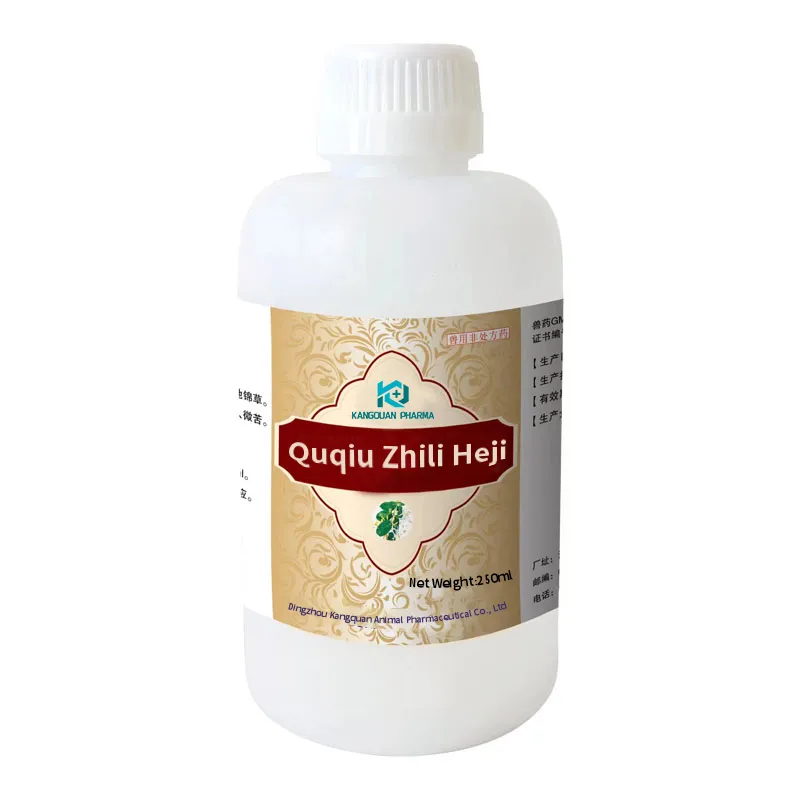- Afrikaans
- Albanian
- Amharic
- Arabic
- Armenian
- Azerbaijani
- Basque
- Belarusian
- Bengali
- Bosnian
- Bulgarian
- Catalan
- Cebuano
- Corsican
- Croatian
- Czech
- Danish
- Dutch
- English
- Esperanto
- Estonian
- Finnish
- French
- Frisian
- Galician
- Georgian
- German
- Greek
- Gujarati
- Haitian Creole
- hausa
- hawaiian
- Hebrew
- Hindi
- Miao
- Hungarian
- Icelandic
- igbo
- Indonesian
- irish
- Italian
- Japanese
- Javanese
- Kannada
- kazakh
- Khmer
- Rwandese
- Korean
- Kurdish
- Kyrgyz
- Lao
- Latin
- Latvian
- Lithuanian
- Luxembourgish
- Macedonian
- Malgashi
- Malay
- Malayalam
- Maltese
- Maori
- Marathi
- Mongolian
- Myanmar
- Nepali
- Norwegian
- Norwegian
- Occitan
- Pashto
- Persian
- Polish
- Portuguese
- Punjabi
- Romanian
- Russian
- Samoan
- Scottish Gaelic
- Serbian
- Sesotho
- Shona
- Sindhi
- Sinhala
- Slovak
- Slovenian
- Somali
- Spanish
- Sundanese
- Swahili
- Swedish
- Tagalog
- Tajik
- Tamil
- Tatar
- Telugu
- Thai
- Turkish
- Turkmen
- Ukrainian
- Urdu
- Uighur
- Uzbek
- Vietnamese
- Welsh
- Bantu
- Yiddish
- Yoruba
- Zulu
නොවැ. . 09, 2024 17:44 Back to list
Ivermectin Injectable Solution for Sheep Health and Parasite Control
Ivermectin Injectable for Sheep A Comprehensive Overview
Ivermectin is a widely used antiparasitic agent with significant applications in veterinary medicine, particularly in the management of parasites in livestock. One of its common formulations is the injectable form specifically designed for sheep. This article aims to provide a comprehensive overview of ivermectin injectable for sheep, including its uses, benefits, precautions, and guidelines for administration.
Understanding Ivermectin
Ivermectin is a member of the avermectin family of drugs, derived from the fermentation of the soil bacterium *Streptomyces avermitilis*. Its mechanism of action involves the disruption of the nervous system in parasites, leading to paralysis and death. This effectiveness extends to a wide range of internal and external parasites, including nematodes, arthropods, and certain ectoparasites.
Uses of Ivermectin in Sheep
The injectable formulation of ivermectin is primarily employed for the treatment and prevention of parasitic infestations in sheep. Key applications include
1. Gastrointestinal Nematodes Ivermectin is highly effective against a variety of roundworms that cause serious health issues in sheep, including *Haemonchus contortus* and *Teladorsagia circumcincta*.
2. Ectoparasites It is beneficial in controlling external parasites such as lice, mites, and ticks, which can lead to significant economic losses due to reduced wool quality and animal welfare issues.
3. Lungworms The injectable form is also utilized to treat lungworm infestations, which can cause respiratory distress and decreased productivity in sheep.
4. Other Infections Ivermectin can be effective against some species of liver flukes, although it is not the first choice for treating these infections.
Advantages of Injectable Ivermectin
Administering ivermectin via injection offers several advantages
- Quick Action The injectable form provides rapid absorption into the bloodstream, ensuring quicker relief from parasitic infections compared to oral forms.
- Ease of Use In some cases, sheep may be reluctant to consume oral medications, making injections a more straightforward method of ensuring proper dosing
.ivermectin injectable for sheep

- Precise Dosing Injectable formulations allow for accurate and tailored dosing based on the animal's weight and health status, minimizing the risk of underdosing or overdosing.
Precautions and Considerations
While ivermectin is generally considered safe for sheep, some precautions should be taken
1. Withdrawal Period Sheep treated with injectable ivermectin may have a withdrawal period before their meat or milk can be consumed. It's crucial to adhere to these guidelines to ensure food safety.
2. Sensitivity Some breeds, particularly certain collie breeds, may have a sensitivity to ivermectin. It’s essential to consult a veterinarian prior to treatment in such cases.
3. Health Status Animals that are sick or severely stressed may have different pharmacokinetics. Consultation with a veterinarian is recommended to assess the appropriateness of ivermectin in these situations.
4. Environmental Concerns High levels of ivermectin can affect non-target species and the environment, so it should be used judiciously and in accordance with local regulations.
Administration Guidelines
Injectable ivermectin can be administered subcutaneously or intramuscularly. It is essential to follow the manufacturer's instructions regarding dosage and administration technique. The typical dose for sheep is 200 micrograms per kilogram of body weight.
1. Restrain the Animal Properly restraining the sheep is crucial to ensure both the safety of the handler and the animal during injection.
2. Injection Site The recommended sites for injection should be clean and free from contamination.
3. Record Keeping It is vital to maintain detailed records of treatment, including dates, dosages, and any observed outcomes. This information is essential for effective herd management.
Conclusion
Ivermectin injectable for sheep serves as an invaluable tool for the management of parasitic infections in the sheep industry. Its rapid action, ease of use, and effectiveness make it a favored choice among veterinarians and livestock producers alike. However, responsible use—including following dosage guidelines, recognizing withdrawal periods, and being aware of potential sensitivities—ensures not only the health of the sheep but also the safety of the food products they ultimately provide. Proper education and adherence to best practices in administration will help maximize the benefits of this powerful drug in sheep farming.
-
Guide to Oxytetracycline Injection
NewsMar.27,2025
-
Guide to Colistin Sulphate
NewsMar.27,2025
-
Gentamicin Sulfate: Uses, Price, And Key Information
NewsMar.27,2025
-
Enrofloxacin Injection: Uses, Price, And Supplier Information
NewsMar.27,2025
-
Dexamethasone Sodium Phosphate Injection: Uses, Price, And Key Information
NewsMar.27,2025
-
Albendazole Tablet: Uses, Dosage, Cost, And Key Information
NewsMar.27,2025













